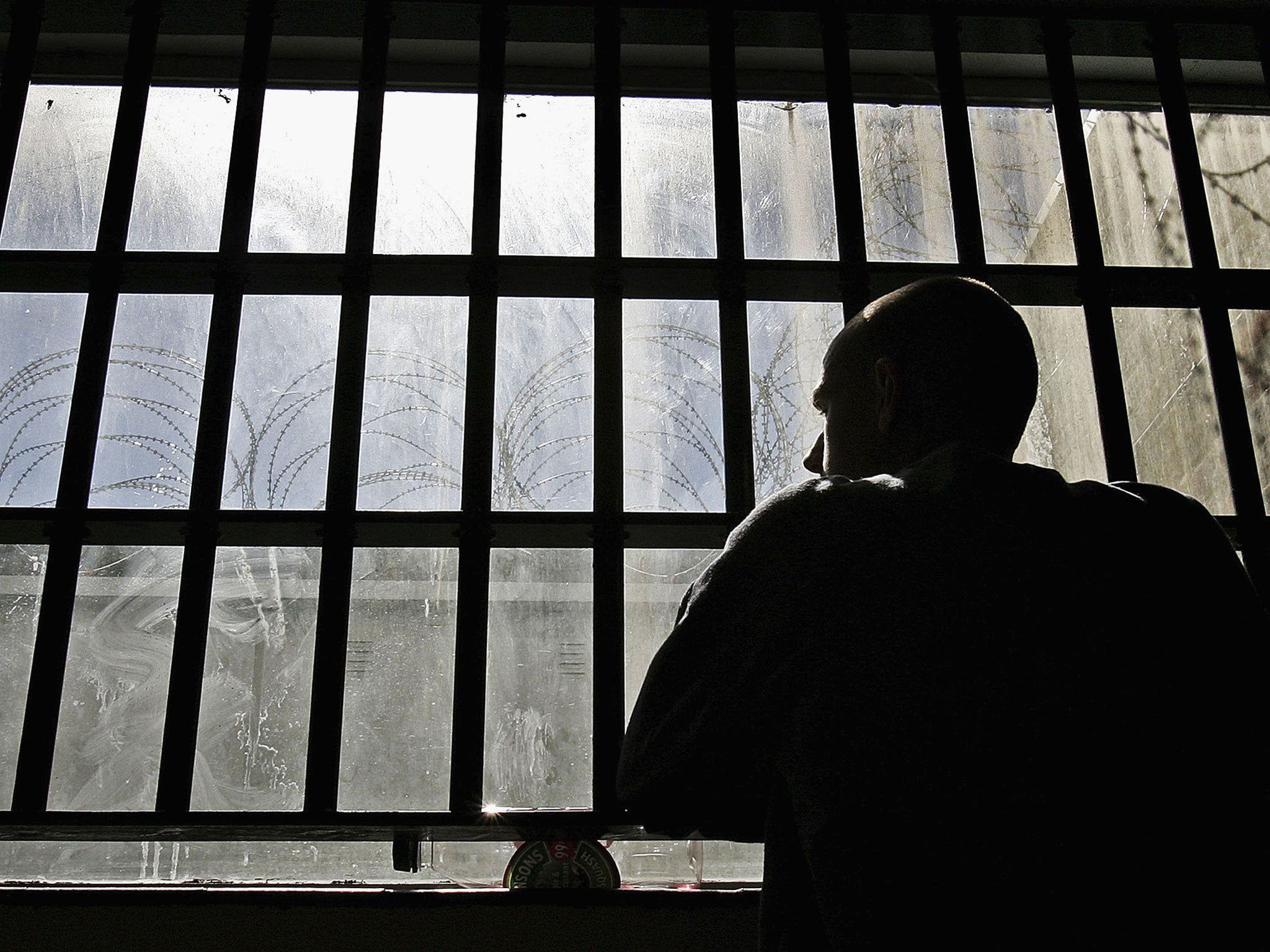Rye Hill: Inside the prison changing the landscape for serious sex offenders
Exclusive: The Category B training prison has won praise for its innovative approach to rehabilitation

Woodwork and painting, lettuce growing and landscape gardening. These are not the first things that spring to mind when imagining life inside a sex offenders’ jail, yet you’ll find them at HMP Rye Hill.
Run by the private security firm G4S, the Category B training prison, just outside Rugby, was transformed 18 months ago from a mixed-population prison to one solely for serious sex offenders.
More than 90 per cent of the 623 inmates are serving sentences of at least 10 years. And around 65 per cent are guilty of sex offences against children. Its population is set to rise, given that sex offenders are the fastest-growing part of the British prison population. With space for just two more inmates as things stand, a planning application has been made to extend Rye Hill enabling it to cater for more than 1,000 inmates.
The Independent was given a guided tour the day before government inspectors publish a report on Rye Hill after the first unannounced inspection since its transformation in summer 2014.
Nick Hardwick, the Chief Inspector of Prisons, said it was “a positive inspection” and that Rye Hill had “some real strengths”, such as its activities centre, its gardening projects and its offender management.
One area for improvement was health care. More than 100 prisoners are aged 60 or older – the oldest is 86 – and some are now suffering from dementia, diabetes or other age-related illnesses. Six prisoners are terminally ill.
Given the nature of their offences (perhaps it’s of little surprise that 60 per cent of prisoners receive no visits from family or friends), many people will question whether they deserve improved conditions. Yet that is not the view of staff here, led by Richard Stedman – who at 35 is the UK’s youngest governor.
“We are fundamentally about reducing risk,” he says, a theme he returns to throughout our tour. “With a much older prisoner profile, you see a much more passive population, physically, but it is a population who are much more sophisticated and much more able to manipulate to condition and groom other prisoners.
“They will also try their best to manipulate staff. So we have had to completely rethink the way we train and encourage our staff to engage with prisoners, because that literally changed overnight [with the prison’s transformation].
The inspectors said they were concerned the prison was not sufficiently alert to the risk of prisoner-on-prisoner sexual grooming, something Mr Stedman acknowledges.
“When someone comes out of a cell with a black eye, it’s very obvious that someone has been assaulted. [Grooming] is a much more hidden risk and those behaviours and issues become visible over weeks, months and years, so that comes back to the relationship that staff have with the prisoners – and they are much more able to know what signs to look for.”
Inside the activities centre, older inmates and those with mental health issues are finishing their three-hour morning session.
“Some people just come down here for the social aspect,” says Clare Witt, head of activities, “because otherwise retired prisoners would just be locked in their cells all the time. We have just eight people who are retired and don’t attend any work or education and that’s their choice. It’s not enforced.”
The landscape garden, where higher-risk prisoners on the substance-misuse residential unit spend up to six hours a day, has been built from scratch by the prisoners themselves – taking them away from any problems they might have on their wing. Mr Stedman says: “The value and impact that the garden makes on some of our most complex prisoners is an absolutely critical element of what we do.”
About a third of the inmates are still in denial over their crimes, which is one of the reasons only 59 have completed Rye Hill’s sex offenders’ treatment programme this year. The aim next year is to have 96 complete it.
Louise Sharpe, the programme’s clinical lead, said the one-year course is aimed at inmates with a higher intellect and looks at what has made someone offend. “We would look at their sexual interests, relationships problems, how they feel about themselves and their lifestyle.”
Prisoners often arrive at Rye Hill with no trust in authority and no trust in what staff are trying to do. Re-engaging and rehabilitation is a slow process but time is not an issue – few people ever leave prison. They either die here at Rye Hill or move to a Category C jail.
Mr Stedman says: “What we do in prison isn’t just about locking people up and security. You have to combine that element with the work that is about change and creating that environment where people can change. And that doesn’t happen overnight.”